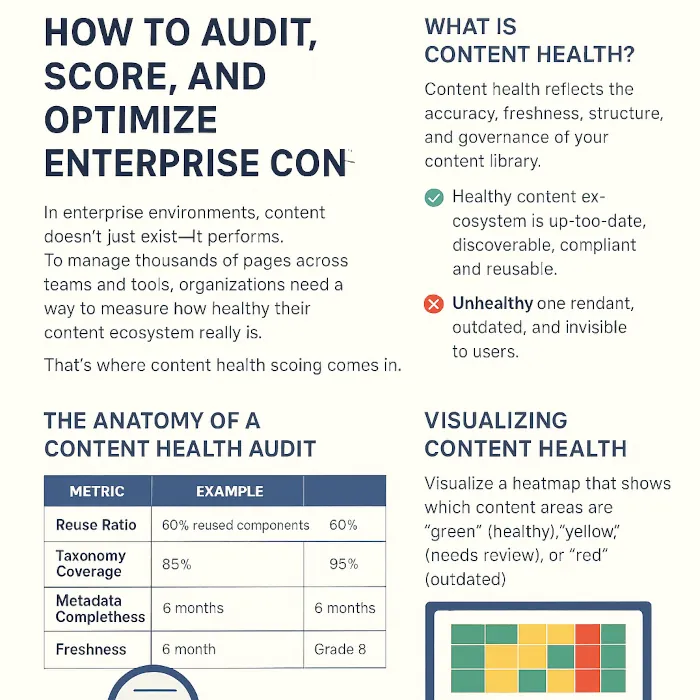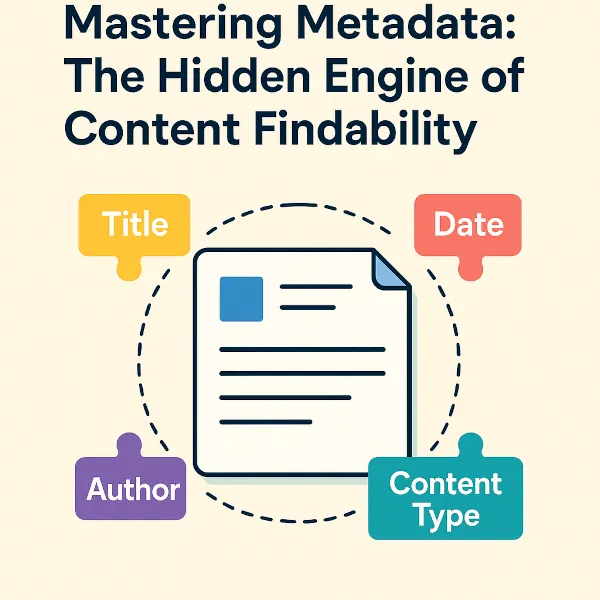The Rise of AI: Small Businesses Leading the Charge
Artificial intelligence (AI) continues to revolutionize small businesses in 2025. AI’s transitioning from an optional enhancement to a foundational element of daily operations. Small businesses today increasingly leverage AI not just to streamline tasks but also to gain a decisive edge. Employing AI in personalized customer engagement and real-time decision-making. The democratization of AI technology has empowered entrepreneurs, enabling them to compete directly with larger enterprises.
Latest Trends: AI at the Forefront
In 2025, the hottest trend in AI adoption among small businesses is Generative AI. Gen-AI breakthroughs have driven by platforms like ChatGPT and Google Gemini, which facilitate content creation, marketing, and customer support. These tools help businesses craft personalized customer experiences effortlessly, dramatically enhancing customer interaction and brand loyalty.
Moreover, voice and image recognition technologies are gaining traction, particularly for optimizing sales and inventory management. Voice-powered assistants, like Amazon Alexa for Business, now handle tasks ranging from appointment scheduling to real-time inventory updates. Hence, offering seamless integration with existing business tools.
AI-Powered Tools Reshaping Small Businesses
- Customer Engagement: Advanced conversational AI platforms such as Drift and Intercom continue to dominate. Offering highly sophisticated chatbots that manage customer inquiries effectively while collecting valuable data to refine marketing strategies.
- Marketing Automation: Platforms like HubSpot and Salesforce Marketing Cloud integrate advanced machine learning algorithms. As a result, providing granular insights into consumer behavior, thereby optimizing campaign performance and customer segmentation.
- Inventory Management: Emerging solutions such as Zoho Inventory and Oracle NetSuite leverage AI-driven predictive analytics, drastically reducing overstocking risks and optimizing inventory turnover.
- Financial Management: QuickBooks and FreshBooks are enhancing AI capabilities, now offering predictive cash flow insights and automated financial forecasting, significantly improving financial clarity and planning for small businesses.
- Human Resources Automation: AI-powered HR tools like BambooHR and Rippling simplify talent acquisition, automate onboarding, and offer analytics-driven insights for employee performance and retention strategies.
- Business Intelligence & Analytics: Tableau, Power BI, and Google Looker have advanced analytics capabilities, providing small businesses with real-time, actionable insights on market dynamics and customer behaviors.
Best Practices for Implementing AI in 2025
Strategic planning remains essential for small businesses implementing AI effectively. Here are best practices to consider:
- Clearly Define Objectives: Identify precise business outcomes desired from AI integration, such as improved customer satisfaction, efficiency gains, or cost reduction.
- Embrace Continuous Learning: Ongoing staff training and education through interactive workshops, online learning platforms, and industry webinars ensure your workforce stays agile and competitive.
- Prioritize Data Security: Implement robust cybersecurity measures and maintain compliance with evolving data protection regulations to safeguard sensitive information.
- Regularly Evaluate and Adjust: Regular performance reviews and agile adaptation of AI strategies help businesses stay responsive and resilient amid market changes.

The Future Outlook: Balancing Opportunities and Challenges
AI presents immense opportunities for small businesses in 2025, significantly enhancing operational efficiency and customer experience. However, the fast-evolving nature of AI also presents challenges, including managing technology reliance and cybersecurity vulnerabilities. By strategically addressing these challenges through informed planning, small businesses can sustainably leverage AI to drive long-term success and remain competitive in an increasingly technology-driven market.
Ultimately, AI is not just transforming small businesses—it is redefining how they operate, innovate, and compete. By proactively embracing AI trends and adopting strategic best practices, small businesses in 2025 can fully harness the transformative potential of artificial intelligence to fuel growth and achieve lasting success.
Robert J. Villemure is a digital marketing, e-commerce, and web development expert with over 20 years of experience. As the founder of OptimizexAI, he helps businesses across healthcare, hospitality, higher education, and e-commerce harness AI to drive growth and innovation. Previously, he led large-scale SEO and digital initiatives at Barton Associates and Wynn Encore Boston Harbor, optimizing websites, boosting engagement, and managing multimillion-dollar digital campaigns. A graduate of the MIT Sloan + CSAIL AI program, Robert specializes in AI-driven marketing, predictive analytics, and technical SEO. Through OptimizexAI, he shares insights and strategies to make AI and digital transformation accessible for businesses of all sizes. Connect with him.



